Meditation for Anxiety – Your Comprehensive Guide to Calming Down
In this guide, you will learn about Anxiety, what the research says, and how to overcome the challenges using meditation for anxiety.
What is Anxiety?
Before we move on to how to overcome anxiety, it’s very important to understand what it is. As per NHS, Anxiety is a feeling of unease, such as worry or fear that can be mild or severe.
Simply put, Anxiety is how your body communicates when it’s going through too much stress. It’s a stress response and can usually trigger unexpectedly.
Anxiety is a very common symptom experienced by millions of people in their everyday lives. Think about the times in your life when you had an event such as an exam, a job interview, a medical test, etc. How did you feel? Maybe you felt nervous, worried, and a little bit of a feeling of things being out of your control?
These are all normal responses to such events and are expected. However, for some people, anxiety can be a daily problem and without help, it can become so problematic that your daily functions start getting affected.
If you feel like your anxiety is heading in that direction, it’s a sign that you need to learn more about what anxiety is, how to identify the symptoms, and how meditation for anxiety can be an effective tool.
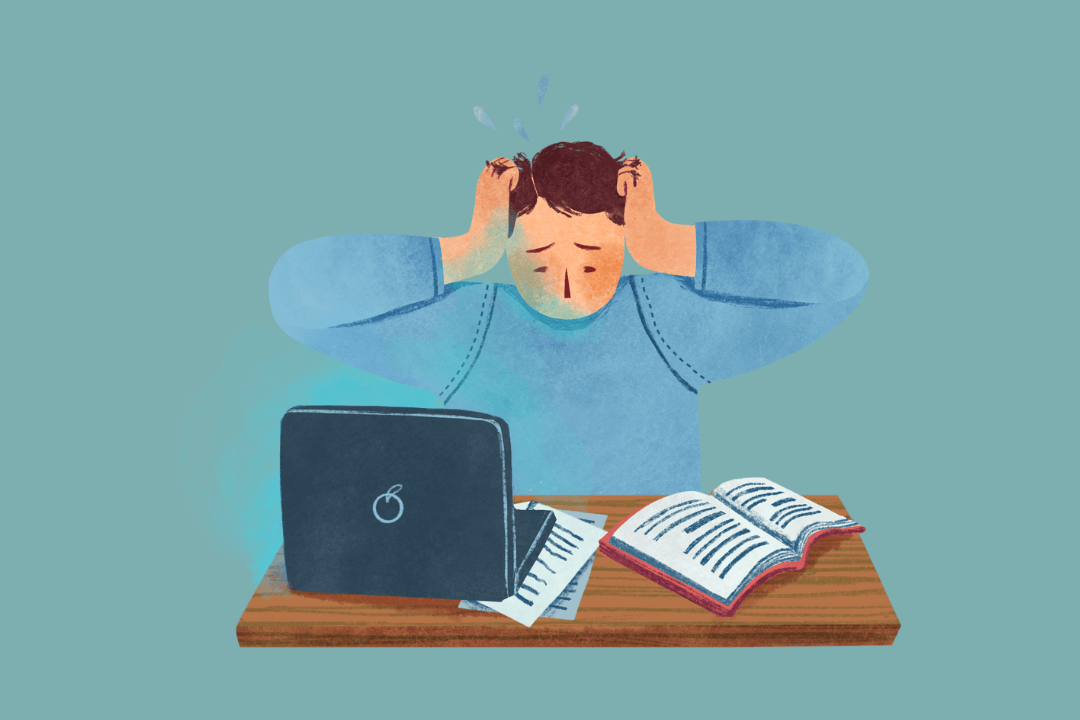
What are the Symptoms of Anxiety?
How do you know when you’re anxious? Anxiety can unfold as so many different symptoms for different people depending on both internal and external factors.
Internal factors such as how you deal with stress, lifestyle, amount of rest, etc can also have an impact on how anxiety translates into symptoms.
External factors such as how big of an event is taking place in your life, how many others are affected by it can also influence the outcome of your anxiety.
Below are some common symptoms of anxiety experienced by people.
1. Dizziness or lightheadedness
Feelings of dizziness or lightheadedness are common symptoms experienced by people who suffer from anxiety. In my personal experience, this only happens during more severe episodes of anxiety and can be a scary experience.
2. Shortness of breath
Another quick symptom to kick in is shortness of breath. Feeling like your breathing is restricted and you have to put in a lot of effort to breathe normally is a very common symptom experienced by most people living with anxiety.
3. Brain fog
When you’re going through an episode of anxiety, you may feel confused and unable to think and struggle with processing what’s happening around you. This can be a weird experience and may cause fear in some people.
4. Feelings of helplessness
When you’re being overwhelmed by the symptoms such as the above three, it can very soon lead to feeling helpless especially if you’re alone during such a time. In my personal experience with severe anxiety episodes, when this happened I always called a friend or loved one and talked to them about what I was going through.
It’s always good to let your close friends and family know about how anxiety affects you so that they know how to help you better during such times. Reassurance from a close person can help a lot to calm down and start getting the situation under control.
5. Heart Palpitations
This is another symptom of anxiety that usually gets triggered when fear sets in. If you’re alone when something like that happens and you know that you’re alone, it can increase and can be perceived in a very fearful way.
6. Difficulty in Sleeping
If you suffer from anxiety, sleeping difficulties can be a mild but common symptom. While it’s not serious, frequent lack of sleep can make your anxiety worse over time leading to other symptoms.
Does Anxiety go away?
For most people suffering from anxiety, it’s a problem that comes and goes when the episode is over. For others, it’s a more common occurrence but yet manageable because they’ve been through it so many times before.
However, there is a percentage of people suffering from anxiety that suffer from common occurrences as well as severe attacks. For such people, anxiety can become long-term and problematic if left untreated.

What does the Research say?
1. The Effect of Mindfulness-Based Therapy on Anxiety and Depression: A Meta-Analytic Review:
This Research is based on 39 studies including 1140 participants who were receiving mindfulness-based therapy for several conditions such as cancer, general anxiety disorder, depression, and other mental disorders.
The results show that mindfulness-based therapy was an effective and promising intervention for patients suffering from such conditions.
2. Meditative Therapies for Reducing Anxiety: A Systematic Review and Meta-analysis of Randomized Controlled Trials
In this study, 1000 articles based on various types of meditation and anxiety were searched and 200+ articles were screened. Only RCTs were included.
The studies demonstrated that meditative therapies helped reduce anxiety symptoms. However, most studies measured improvement in anxiety symptoms and not anxiety disorders.
3. Research on Mindfulness-based Stress Reduction (MBSR) & Mindfulness-based Cognitive Therapy (MBCT)
MBSR is a therapeutic intervention that consists of weekly group classes and home exercises over 8 weeks. It teaches people how to improve mindfulness through yoga and meditation.
MBCT is another therapeutic intervention that combines the elements of MBSR with cognitive behavioral therapy (CBT) to treat people with depression.
Studies done on the mindfulness practices of over 200 healthy people suggest that mindfulness-based therapy is effective in dealing with the symptoms of conditions such as anxiety, stress, and depression.
How to overcome Anxiety?
Overcoming anxiety is a daily commitment and a life-long process for most people suffering from it. But with the right habits and daily practices, a lot of people have managed to keep their anxiety at bay and lead normal lives.
In my personal experience with anxiety and based on my knowledge from the vast amount of research that I have studied, a combination of meditation and mindfulness practices can help to improve your symptoms a lot.
However, if you’re diagnosed with an anxiety disorder, you may need to combine doctor-prescribed medication (short-term mostly) along with certain meditation and mindfulness practices to treat the symptoms effectively.
How can Mindfulness & Meditation help with Anxiety?
1. Improved awareness of the present moment
Through regular meditation practices such as mindfulness meditation, you can drastically improve your awareness and this can allow you to see and assess situations more realistically before anxiety creeps in and starts to take over.
Simply being aware of reality can be such an important factor in keeping the anxiety at bay and staying composed.
2. Familiarize your thoughts
Another powerful aspect of meditation is that over time you familiarize your most destructive and seemingly scary thoughts. This leads to these thoughts losing their power over you and restricting any reactions out of you.
This can be extremely helpful in situations where your brain goes into hyperactivity causing stress and anxiety.
3. Observe situations from a distance
Meditation is all about observing your thoughts and welcoming them to come and go without any reaction or judgment. You’re not trying to stop them, nor are you trying to indulge yourself in them. Meditation is all about just looking at these thoughts passing by from a distance.
By creating the necessary space between yourself and your thoughts, it becomes much easier to not get associated with stressful thoughts and stay calm during such times.
4. Calms down your nervous system
The sympathetic nervous system carries signals that put your body on alert while the parasympathetic nervous system carries signals that relax those systems.
Today, there is enough scientific research to show that meditation can calm down your sympathetic nervous system and improve your parasympathetic nervous system.
5. Changes your perception of anxiety
Through regular practice of meditation, you learn to deal with the symptoms of anxiety better. Over time, this changes your perception of anxiety from a scary experience to something easily manageable in most situations.
This change of perception from something that has so much power over you to something manageable can give you so much confidence in your ability to handle the symptoms of anxiety.
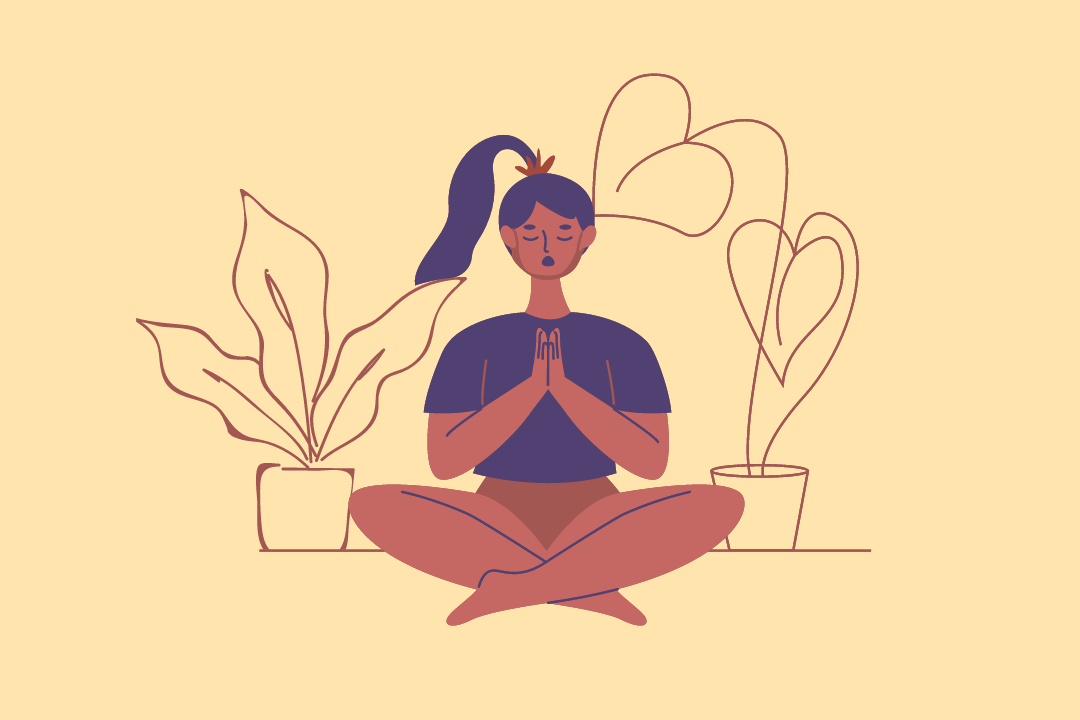
5 Types of Meditations that Can Help You Calm Anxiety
1. Mindfulness Meditation
Mindfulness Meditation is a type of meditation that involves focused deep breathing while maintaining your awareness of your thoughts, emotions, and bodily sensations. It’s a holistic approach to meditation that involves being fully present in the moment.
Most anxieties are related to the uncertainty of the future and this practice can be a powerful antidote to reducing your stress related to the future.
2. Zazen
Zazen also known as seated meditation is an ancient Zen practice that involves being seated in a quiet room with your back and neck straight, chin tucked with a half or full lotus seated position while maintaining rhythmic breathing. You can keep your palms facing upwards in your lap on top of each other.
There are alternative seating positions for practitioners who have a challenge sitting in the above positions. Zazen is known to alleviate symptoms related to stress and anxiety and can help you relax and calm down with just a few minutes of practice.
3. Breathwork
Breathwork also known as “Pranayam’ in yoga is an ancient breathing technique that has taken different variations over the years. Nonetheless, research suggests that breathwork can move blocked emotion and energy through the body, calm your stress, and bring balance and clarity.
Potential health benefits of breathwork include alkalizing your blood PH, anti-inflammatory effect, and elevating your mood.
4. Inner Engineering
My initiation into the powerful meditation Shambhavi Mahamudra Kriya in this program in 2019 is to date the most profound and life-changing experience I have had in my entire life. I went there completely helpless and desperate to figure out how to deal with my inner turmoil (stress, anxiety, insecurities, jealousy, etc).
It can be done as a residential program or you can do the theory classes online and attend the initiation of the meditation in person. This program has changed my entire outlook on life, reduced my stress and anxiety to much more manageable levels, and given me a feeling of wellness and trust in the universe that’s so hard to explain.
It was so powerful that I have done my daily practice every day without fail since December 2019 except for a forced break due to surgery in 2023. I picked up from where I left off and have started this daily practice again since September 2023.
I truly hope that many of us get the chance to experience Inner Engineering.
5. Guided Meditations
If you’re completely new to meditation and can’t see how you can self-start your meditation practices to improve your anxiety symptoms, you still have the option to start with a guided meditation.
Guided meditations are easy to follow, as you just have to sit or even lie down in a comfortable position and follow the instructions of the teacher. Guided meditations are a top choice for busy people who don’t have the time for dedicated practices and have very positive feedback on their ability to improve mood, reduce stress, and help people put things into perspective.
4 Guided Meditations you should try
1. Meditation for Depression, Anxiety, and Stress by My Peace of Mindfulness
This 10-minute meditation is a great guided meditation that’s simple to follow and can help you completely relax. The teacher’s soothing voice puts you at ease and enables you to fully indulge in the present moment.
2. Guided Zen Meditation by Zen Master Hinnerk Polenski
Let the deep and wise voice of Zen Master Polenski guide you to inner peace through inhalation and exhalation in this 15-minute guided Zen meditation. It takes you to a peaceful and tranquil place in your mind through the master’s guidance.
3. Wim Hoff Method Guided Breathing for Beginners
Wim Hoff also known as the Ice Man is a celebrity extreme athlete and motivational speaker known for creating the Wim Hoff Method. This powerful and unconventional guided breathing meditation is a powerful practice that has helped so many people overcome depression and anxiety, and get out back into the world feeling more calm and confident.
4. Isha Kriya by Sadhguru
Isha Kriya is a very simple yet powerful 15-minute guided meditation by Sadhguru. This meditation is designed to enhance the way you use your mind and body using your breath, thoughts, and awareness. You can do it anywhere there aren’t many distractions around and find out the benefits in no time.
Key Takeaways
Anxiety is an inconvenient challenge for the majority of us who have it and can have a big impact on our lives. It’s very important to acknowledge that you have it and actively work on improving it.
The good news is that anxiety is not something that should take over your life and with the right mindset, awareness, and action, you can turn the situation around and continue to work towards your goals in life. In summary, below are some facts about anxiety that you need to know and will help you overcome it.
1. Anxiety is a stress response and can get triggered at any time
2. The symptoms of anxiety can feel very scary and more serious than it actually is
3. Overcoming anxiety is a lifelong commitment through daily habits
4. Mindfulness and Meditation are by far some of the best approaches to overcoming anxiety and millions of people continue to practice it
5. Start your meditation practice today and start seeing progress
If you’re suffering from anxiety, I hope this post has helped you to understand what anxiety is and hopefully, you got to take away some helpful information and practical tips on how to overcome it.
If you have any other tips to overcome anxiety, please share them with our audience in the comments section below.

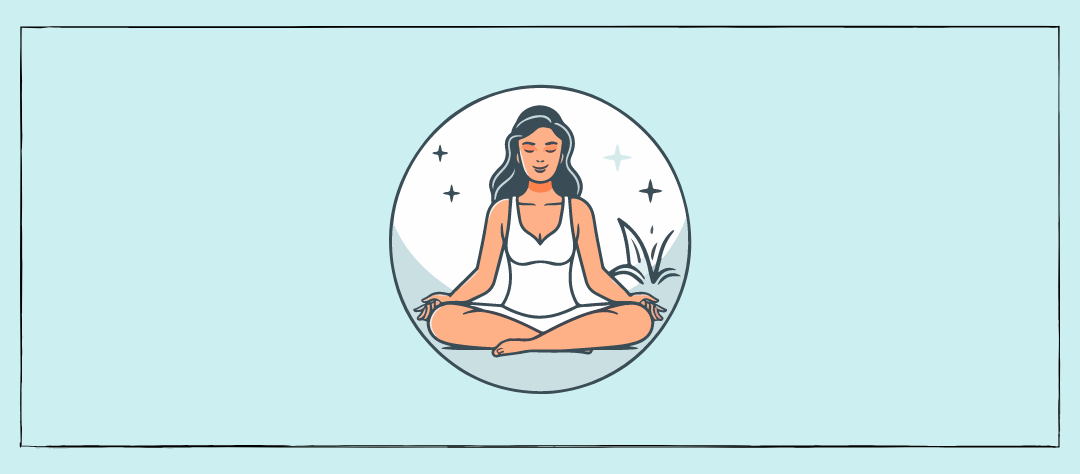

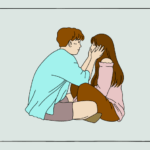



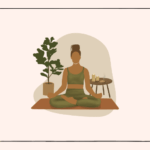

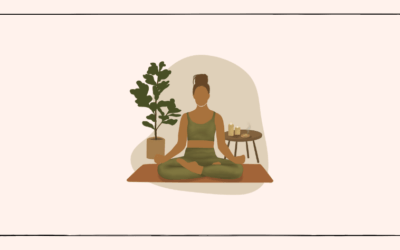
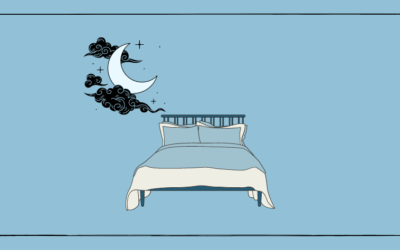
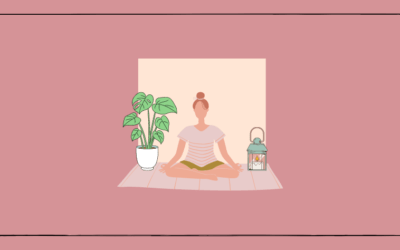
0 Comments